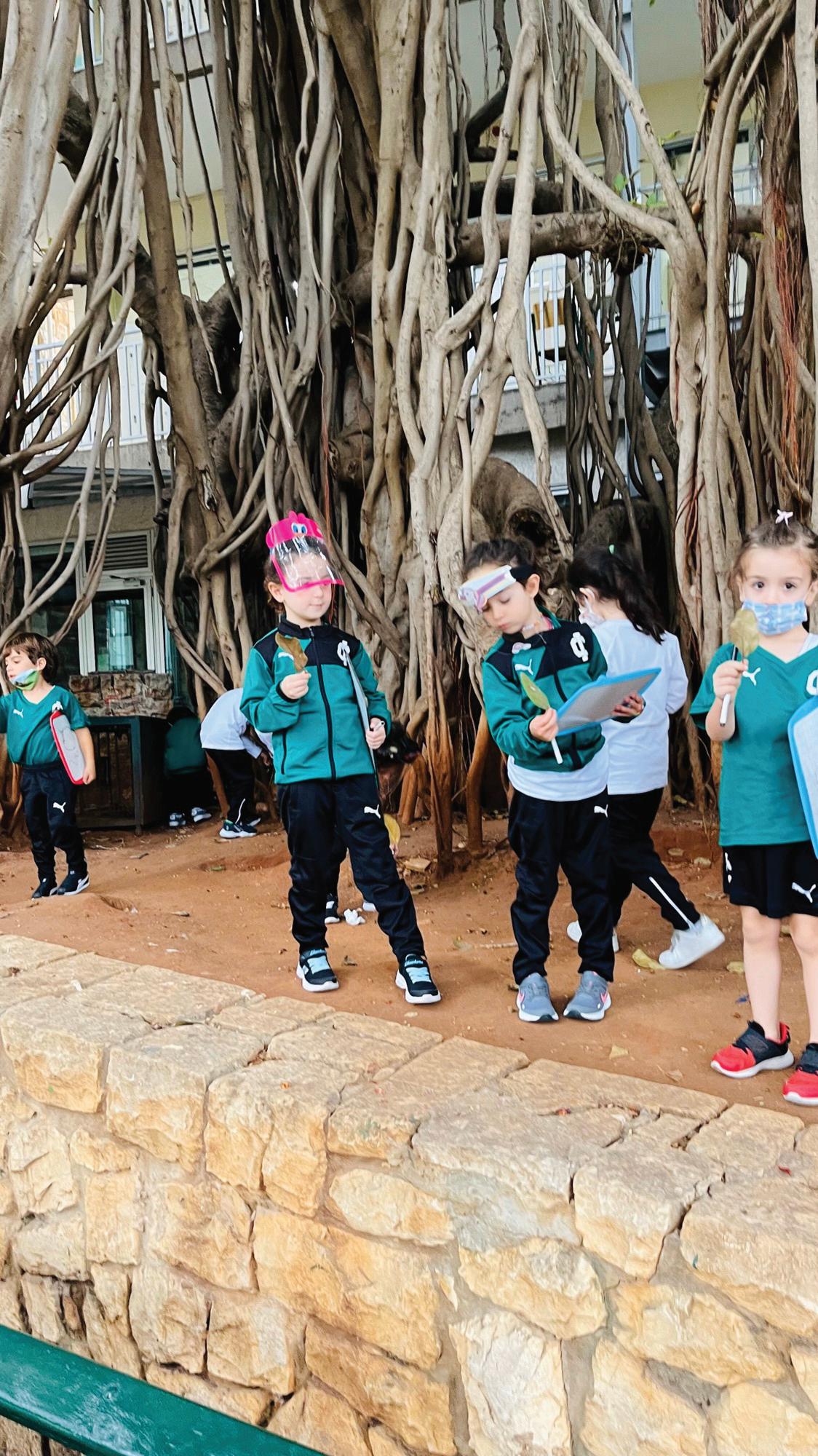














International College (IC) in Lebanon is one of the largest international schools in the world. With 3,650 students, the school has evolved throughout its long and rich history, dating back to 1891 in Turkey, to an excellent institution in a unique setting.
IC adheres to the highest standards of academic and extra-curricular educational opportunities in line with the standards of international accreditation bodies: the Council of International Schools (CIS), New England Association of Schools and Colleges (NEASC), the Agency for French Education Abroad (AEFE), and the International Baccalaureate (IB).

The programs offered at IC are one of the many indicators of excellence.
Four academic programs are available in the Secondary School:
1. International Baccalaureate
2. French Baccalaureate
3. Lebanese Baccalaureate
4.College Preparatory Program
The International Baccalaureate Primary Years Programme is implemented at pre and elementary schools. The learners we teach today will shape the world of tomorrow. Their values, motivation, and love for learning are all influenced by their education. As educators, we have a duty to our students to teach and model good character, provide them with a strong set of life skills, and ensure that they are informed about the world and all its wonders.
This guide is designed to inform you of the IB-PYP and explain how it functions at Preschool International College (IC). We hope that you will find this guide informative and helpful. Please contact the school should you have further questions.
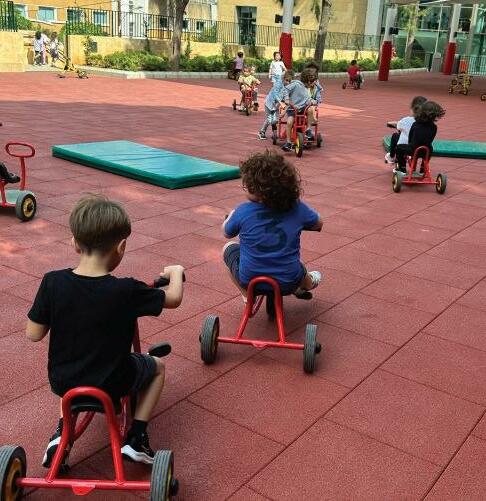
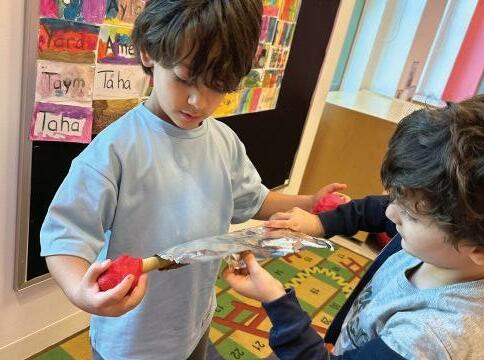

The vision of International College (IC) is to empower learners of today to be global citizen leaders of tomorrow.
The mission of International College (IC) is to empower learners to take initiative, think critically, and serve as role models in a global society. The curriculum aims for excellence at all levels and embraces the education of the whole person. Graduates of IC will have developed self-confidence, problem-solving, and decision-making skills, as well as self-discipline, social and environmental responsibility, and an awareness of and respect for the connected nature of our global community.
The aim of all IB programmes is for students and other members of the learning community to develop and demonstrate international-mindedness, a long-term holistic vision that is fully aligned with that of IC. International mindedness is a way of thinking, acting, and being that reflects a commitment to appreciate and understand the diverse range of people, cultures, and societies in the world.
Click the image to know more about IB learner profile in more detail.
Internationally minded people recognize their connections to others and demonstrate a sense of responsibility for contributing to a better and more peaceful world.
International-mindedness, a multifaceted concept, is defined through a set of learning outcomes, values, and dispositions identified as the “learner profile”. The learner profile underpins the PYP curriculum and puts the learner at the center of the curriculum, promoting intellectual, personal, emotional, and social growth.
The ten aspirational qualities of the learner profile inspire and motivate the entire learning community, students, teachers, staff, parents, and guardians.
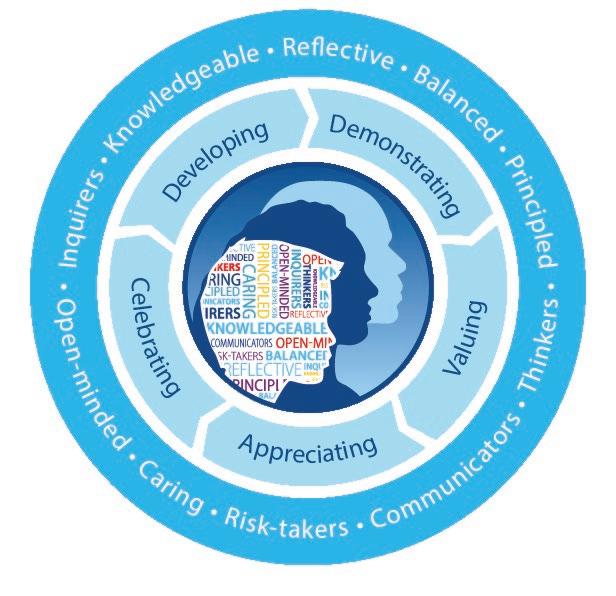
The IB Primary Years Programme, for students aged 3 to 12, develops and nurtures caring and agentic learners in the classroom and beyond.
The programme:
• stems from the premise that learners are active participants and agents of their learning process.
• encourages international‐mindedness in IB students.
• reflects real life by providing an education that is engaging, relevant, challenging, and significant.
• recognizes that learners construct knowledge, conceptual understanding, and skills as they engage in meaningful, in-depth inquiries into reallife issues with local and global significance. emphasizes, through the learner profile, the development of the whole student – physically, intellectually, emotionally and ethically.
Agency is a central principle in IB-PYP. It is threaded throughout the three pillars of school life: the learner, learning and teaching, and the learning community.
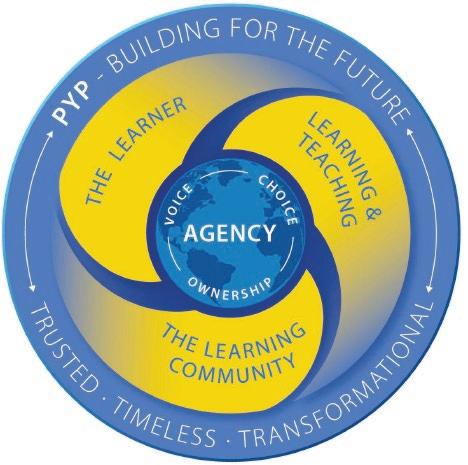
The organizational model prioritizes people and their relationships to build a strong learning community.
It underlines that everyone connected to the school community are active participants in the learning process.
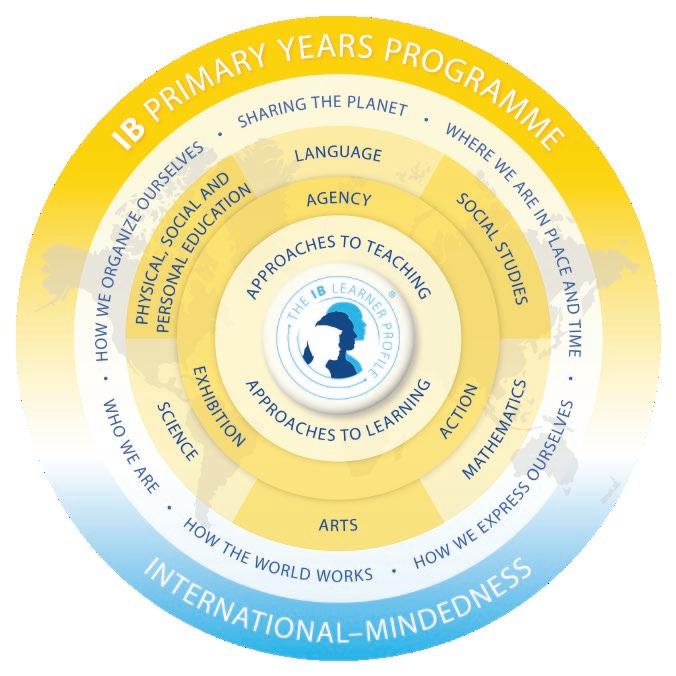
Click the image to watch an IB video about the Primary Years Progamme in the Early Years
The PYP offers an inquiry-based, transdisciplinary curriculum framework that builds conceptual understanding for children aged 3-12.
Transdisciplinary learning in the PYP conveys learning that has relevance between, across, and beyond subjects and transcends borders connecting to what is real in the world.
Through the six transdisciplinary themes, PYP students learn to appreciate the knowledge, conceptual understandings, skills, and personal attributes as a connected whole. They can reflect on the significance of their learning to take meaningful action in their community and beyond. In the early years, young learners inquire into four units instead of six.
Through this process of learning in the PYP, students become competent learners, self-driven to have the cognitive, affective, and social tools to engage in lifelong learning.
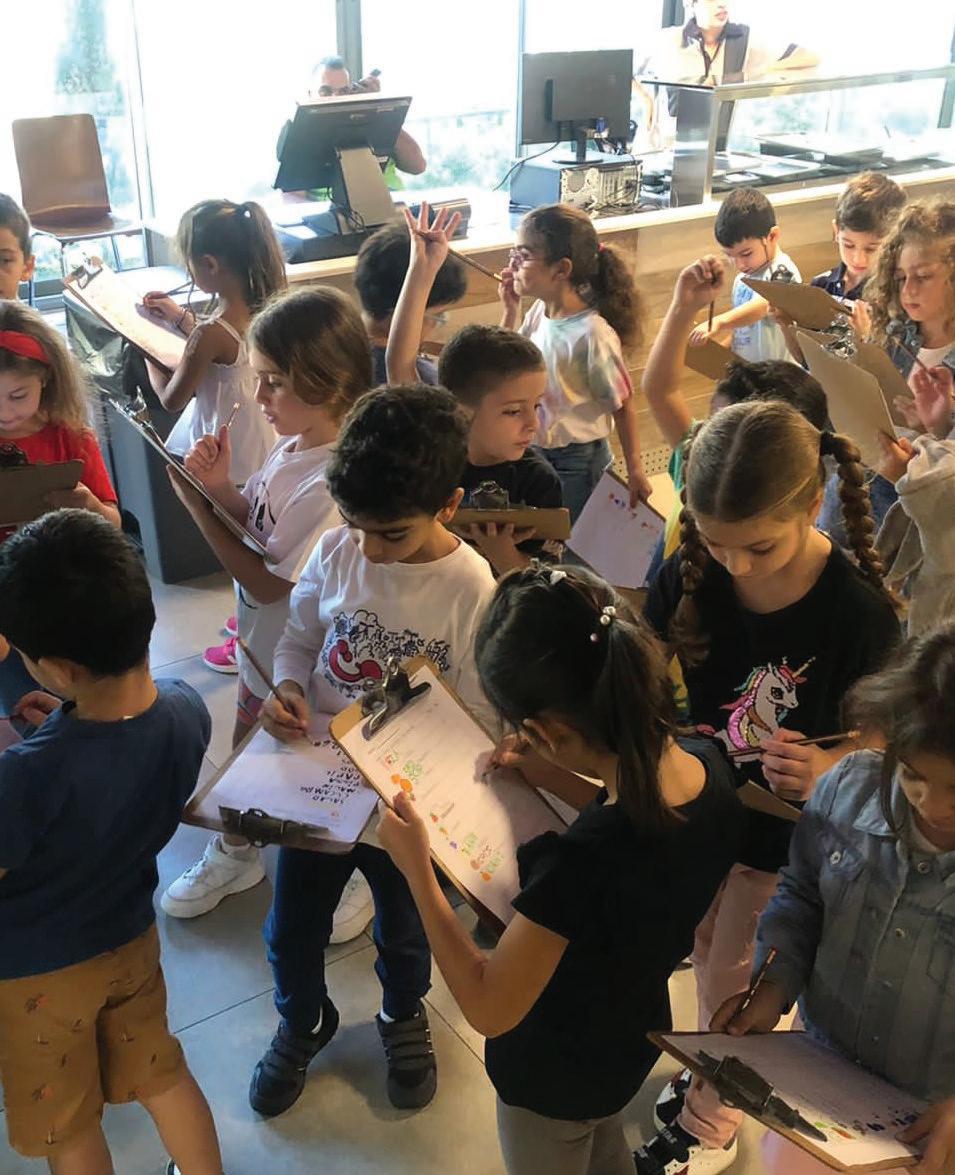
The PYP acknowledges the unique needs of early learners aged 3 to 6.
Early learners are innately curious and are naturally inclined to question, explore, manipulate, build, create, wonder, and theorize about themselves, others, and the world around them.
The PYP transdisciplinary framework encourages early learners to develop agency, self-regulation, and self-efficacy. Having voice, choice, and ownership allows early learners to develop and demonstrate their skills, knowledge, and conceptual understanding, along with the attributes of the IB learner profile.
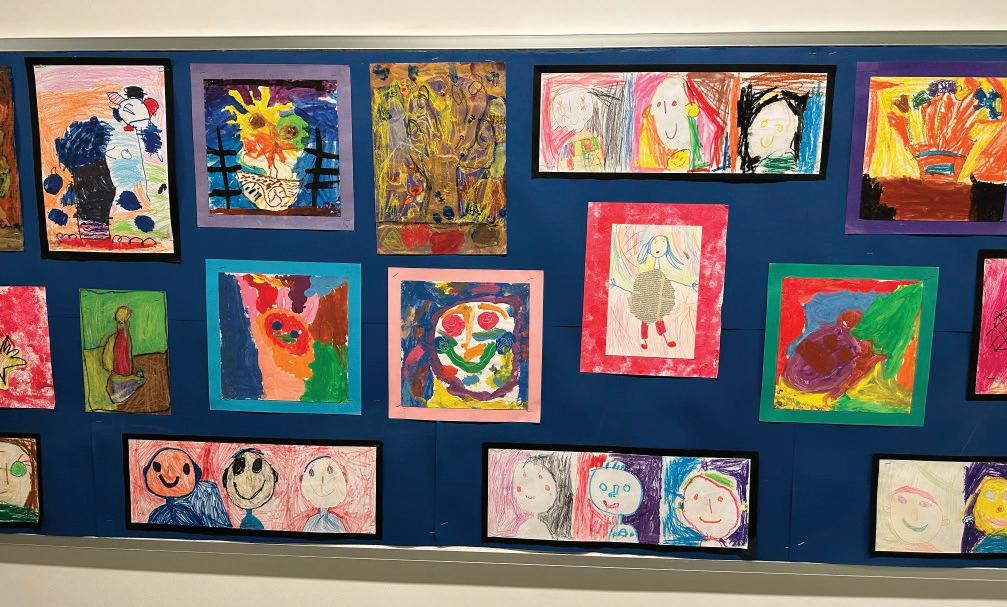
The flexible learning spaces, extended time for play, and exposure to open- ended materials allow early learners to deepen their learning as they extend their social, physical, cognitive, and emotional development.
Play is the primary driver for inquiry. It reflects the holistic and authentic way children explore, grow, and learn.
Play involves choice, promotes agency, and provides opportunities to inquire into important concepts and personal interests.
It is an ideal vehicle for enabling children to work out their ideas and theories and build on what they already know to deepen their understanding and further their learning.
Through play, early learners learn how things work by constructing, testing, confirming, and revising their early perceptions and ideas. They extend their creativity and develop representational, relational, receptive, and cognitive abilities.
Educators support early learners in reaching deeper interpretations of play by connecting and extending it to transdisciplinary or subject-specific inquiries. They do so by considering what the learner is investigating through their playful interactions with people, materials, and places.

Education is a social and collective endeavor that benefits, not only the community as a whole, but also the individuals within it. Everyone in the learning community, students, parents, faculty, and administration, have agency; they see themselves as contributors to its ongoing strength and success, ultimately taking action to bring about change.
Our learning community is committed to the shared purpose stated in the vision and mission of IC. The members share the core values of the school and have a common understanding and agreement on the quality of learning and teaching provided.
These understandings and agreements encourage critical and creative thinking through continuous inquiry, action, and reflection, which places students at the heart of learning.
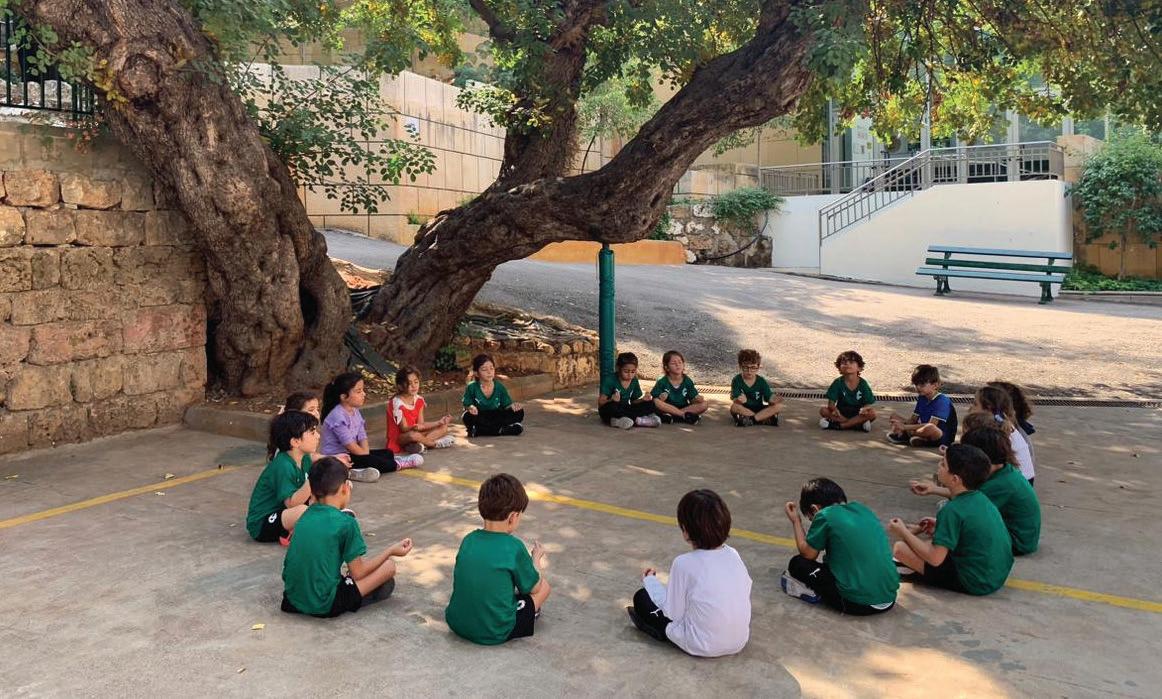
At IC, preschool included, we believe that partnerships among all stakeholders are key to building relationships. The relationships at our school can vary in nature (student-teacher, student-peer, teacher-teacher, school-parents). They are all based on mutual trust and respect for the roles the community brings together in supporting the well-being of the learning community as a whole.

Partnerships among all stakeholders and commitment towards a shared vision requires a collaborative approach on all levels. This collaborative approach is apparent at a school-wide level as well as in day-to-day and moment-to-moment learning and teaching.
Collaboration among students, teachers, and administration puts students at the center and aims to ensure a holistic, transdisciplinary, and coherent learning experience.
Learning in the early years focuses on developing the learners’ approaches to learning and symbolic exploration and expression.
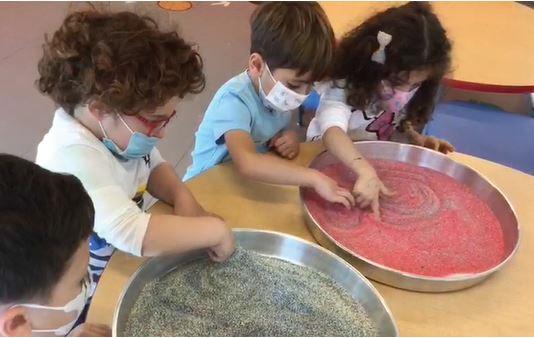
It is essential for students to have an understanding of how they learn in order for them to become self-regulated learners who can successfully engage in purposeful inquiry today and in the future.
Learners access learning through five categories of interrelated skills. These are transferable across contexts and apply broadly to learners at all stages of development.
These skills and approaches to learning (ATL) are grounded in the belief that learning how to learn is fundamental to becoming a lifelong learner.
Opportunities for ATL development are frequent in the early years. Our children develop a range of skills through support from adult-facilitated or
child-initiated inquiries.
As early learners engage in their inquiries and play, they demonstrate thinking skills (such as observing, finding unique characteristics) and research skills (such as data gathering, recording observations through drawing or tallying).

Through their self-initiated play, early learners are able to develop communication skills (such as listening, taking on pretend roles) and social skills (such as playing cooperatively, helping others) as they interact with others.
Through engaging in physical activities, they have the opportunity
to develop self- management skills such as demonstrating perseverance and working through setbacks.
Symbolic language forms, such as written and spoken language, visual arts, mathematics, and physical movement, allow early learners to explore the world around them and construct meaning.
Through play and adult-facilitated experiences, early learners continue to develop competence in a range of symbolic language forms to explore, examine, question, predict, share, investigate and reflect.

Learning through a transdisciplinary framework is grounded in the research of how young learners construct learning.
Our program of inquiry ensures students experience a balance of subjectspecific knowledge, conceptual understandings and skills, alongside opportunities to develop the attributes of the IB learner profile.
Our early learners at International College inquire into four units of inquiry.
To access our programme of inquiry, click here.
While the ATLs support and engage early learners in how they learn, the six approaches to teaching guide and focus educators in embracing learner diversity and removing barriers to learning.
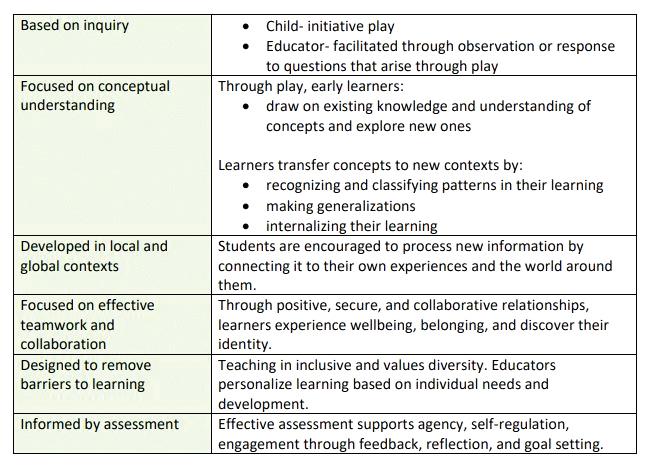
The information presented in this guide are mainly taken from Intenational College and the International Baccalaurate publications and documents.
International College, www.ic.edu.lb
IB Standards and Practices Guide
IB From Principles into Practices
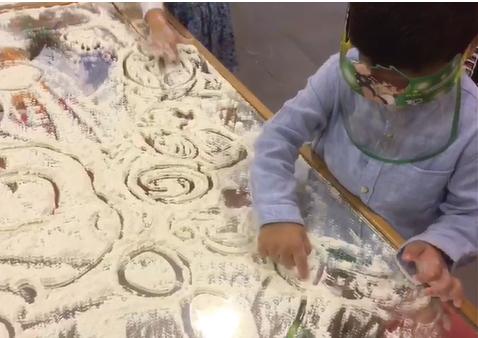
International Baccalaureate, www.ibo.org

